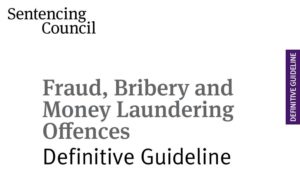As businesses prepare for Christmas, it is customary to inform clients of seasonal opening hours. For many, it will simply be a case of announcing the days on which the business will be closed, but for us, as criminal defence solicitors, the position is a little more complicated than that owing to the need for emergency legal advice.
We close our offices, but of course we don’t close down our emergency services.
Our offices across the East Midlands will be closed on the following dates:
24 December 2019
25 December 2019
26 December 2019
27 December 2018
31 December 2019
1 January 2020
Emergency legal advice
However, if you need emergency legal advice in relation to a criminal law related issued, at any time of the day or night, we have a team of people to assist.
You can contact us for emergency legal advice by calling any of our usual office numbers.
For example, the Nottingham number is 0115 9599550. You will be able to speak to one of our on call solicitors.
The work of a criminal lawyer does not lend itself to regular working hours, nor is there any time, day or night when we are not available. We offer a level of accessibility that few other professionals can match, and we are immensely proud of that fact.
When arrested on Christmas Day, as some people inevitably will be, we will be there by their side to offer timely legal advice to protect their interests.
You can read more about the benefits of instructing us to give emergency legal advice in police interview here.
Even the criminal courts are open for business during at least part of the festive period, allowing for bail applications and other urgent court business. Again we will provide representation at those hearings.
And of course, those in prison can experience particular difficulties as they are reminded of families far away, also impacted by the trauma of custody.
We take this opportunity to wish all of you a peaceful and restful holiday season, but if for any reason you need us, we will be there at the end of the phone and in person.







